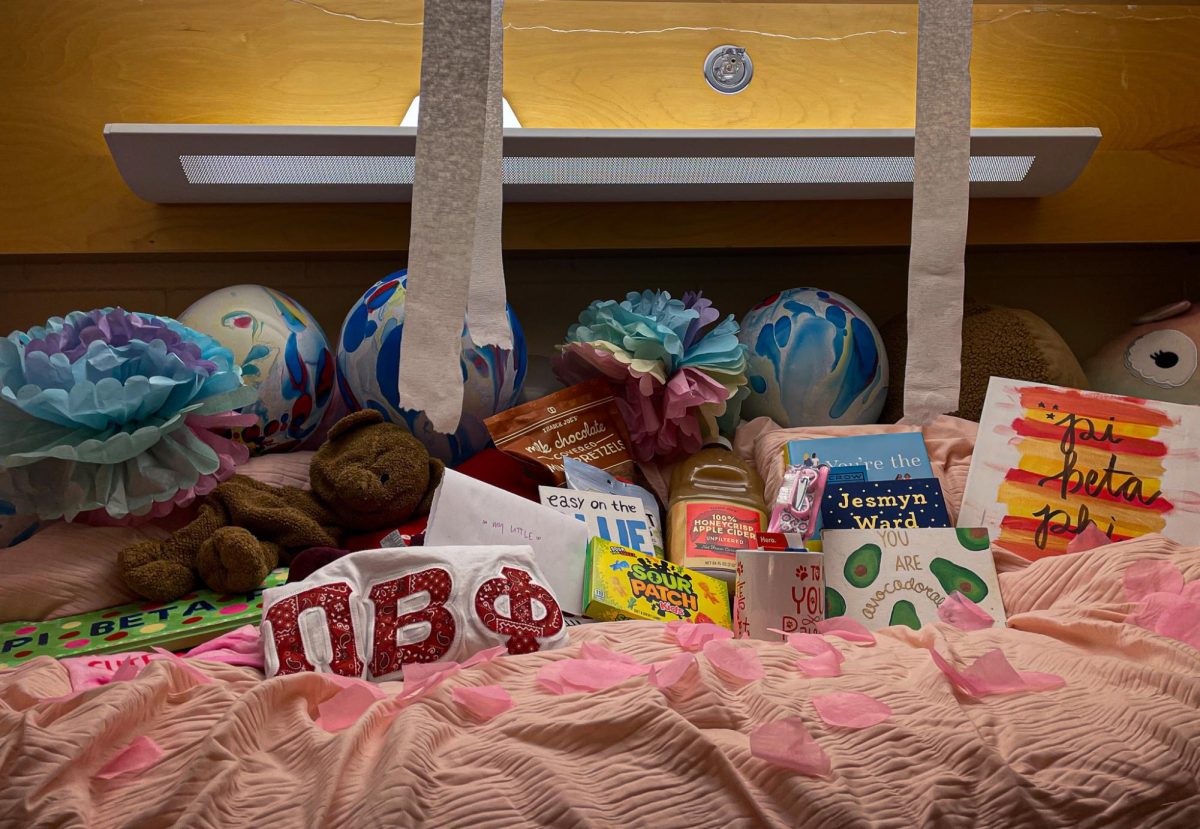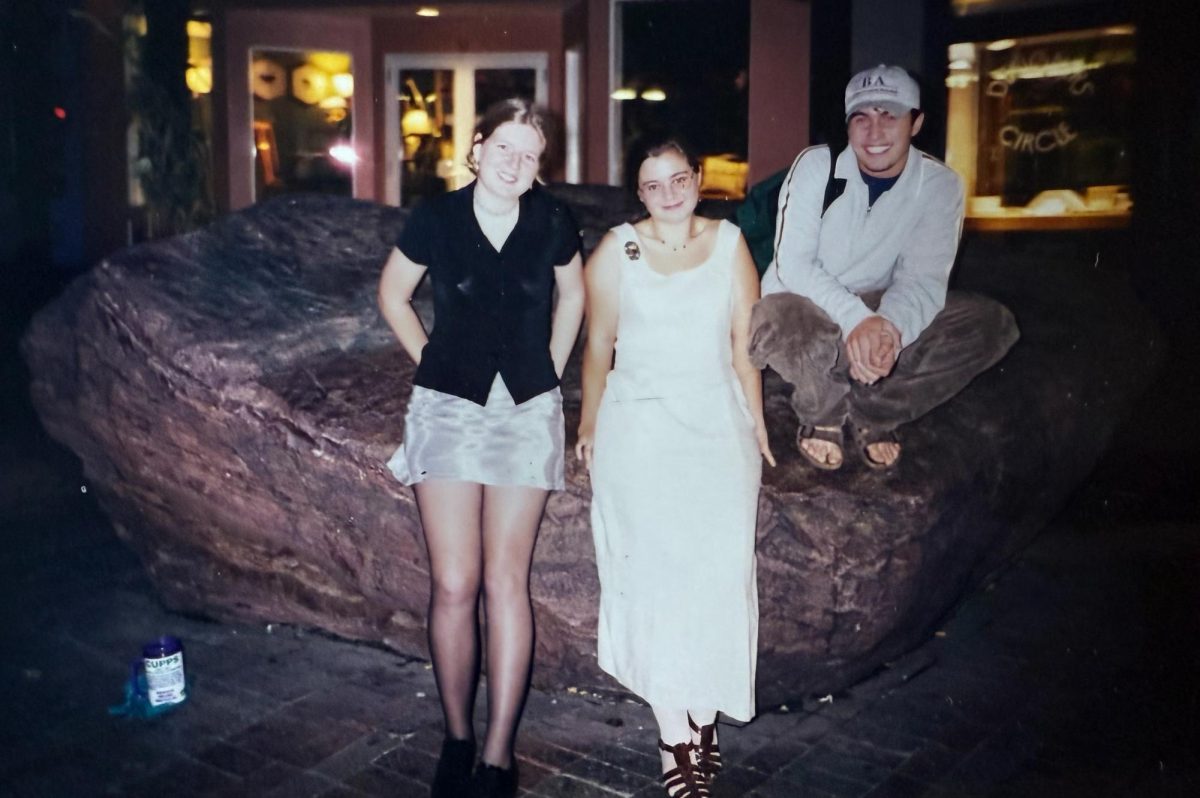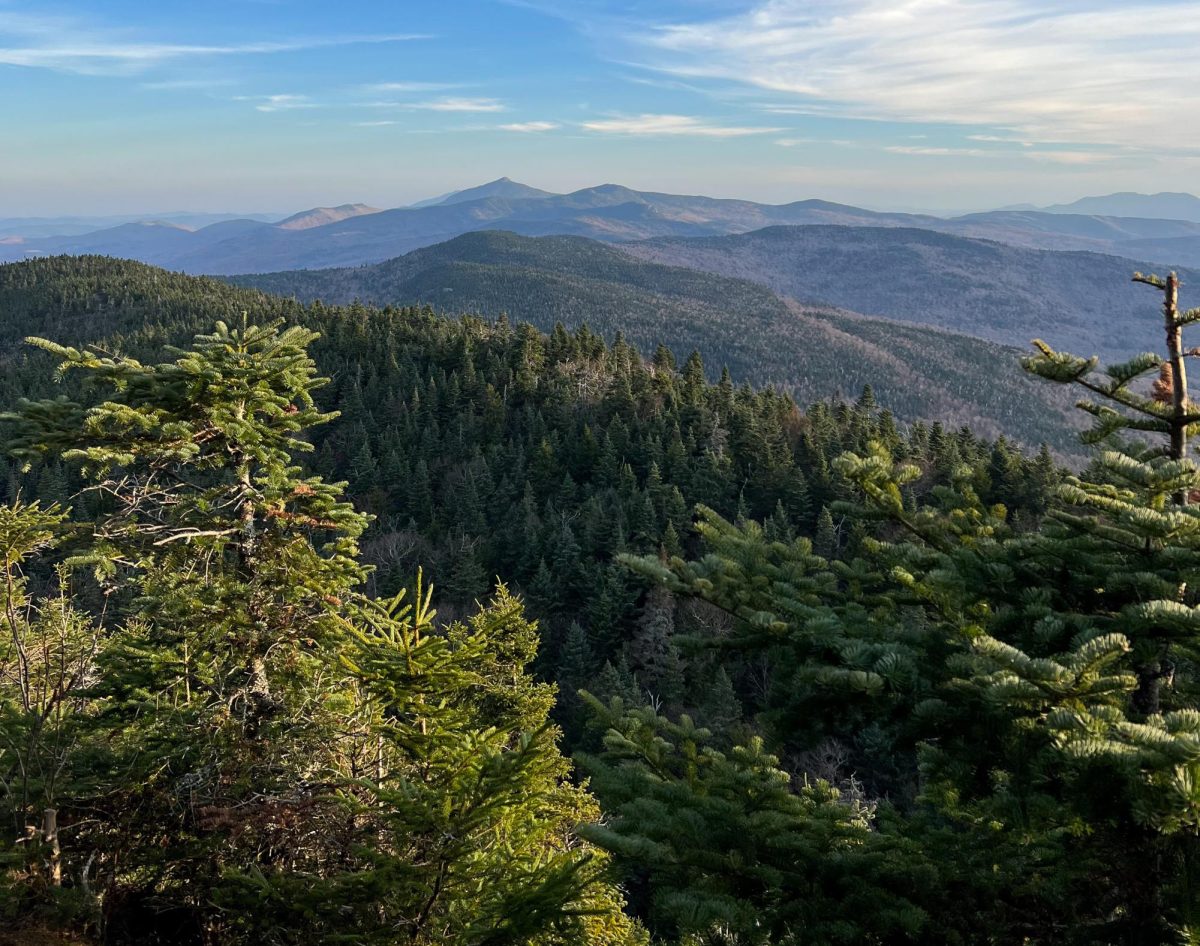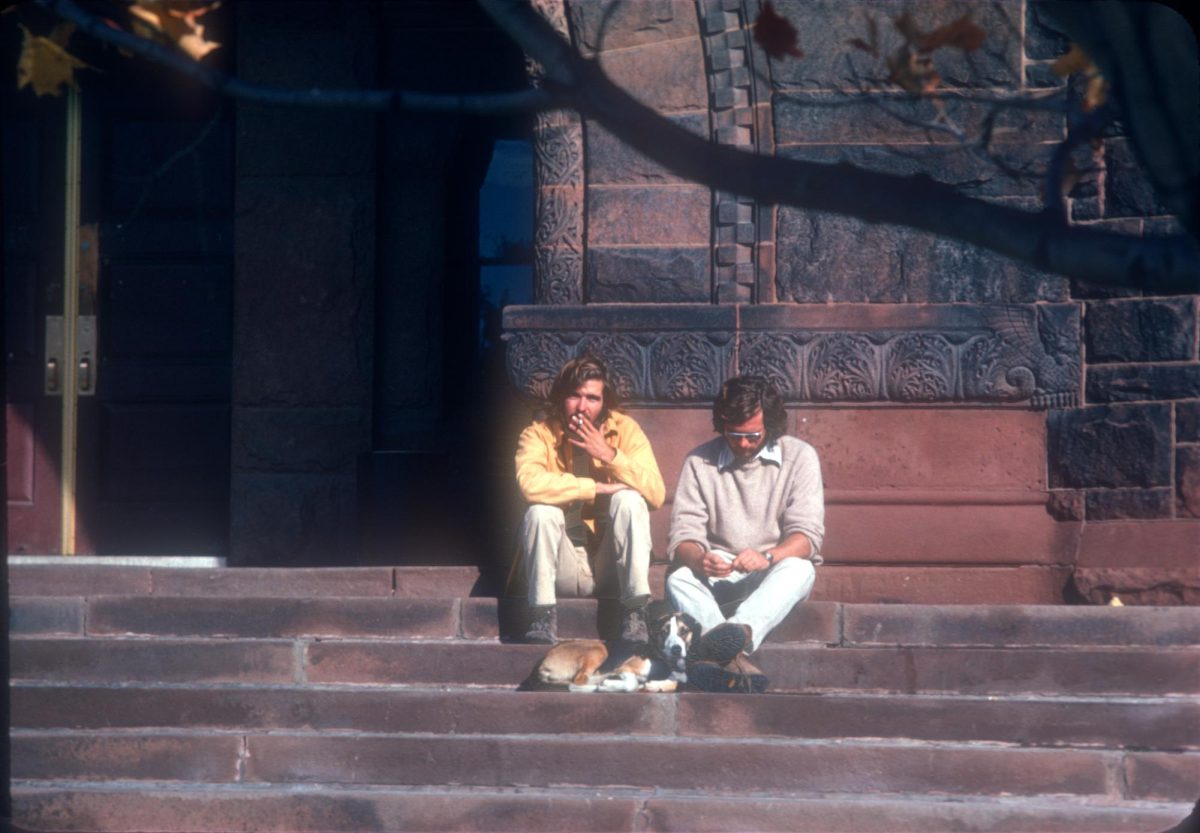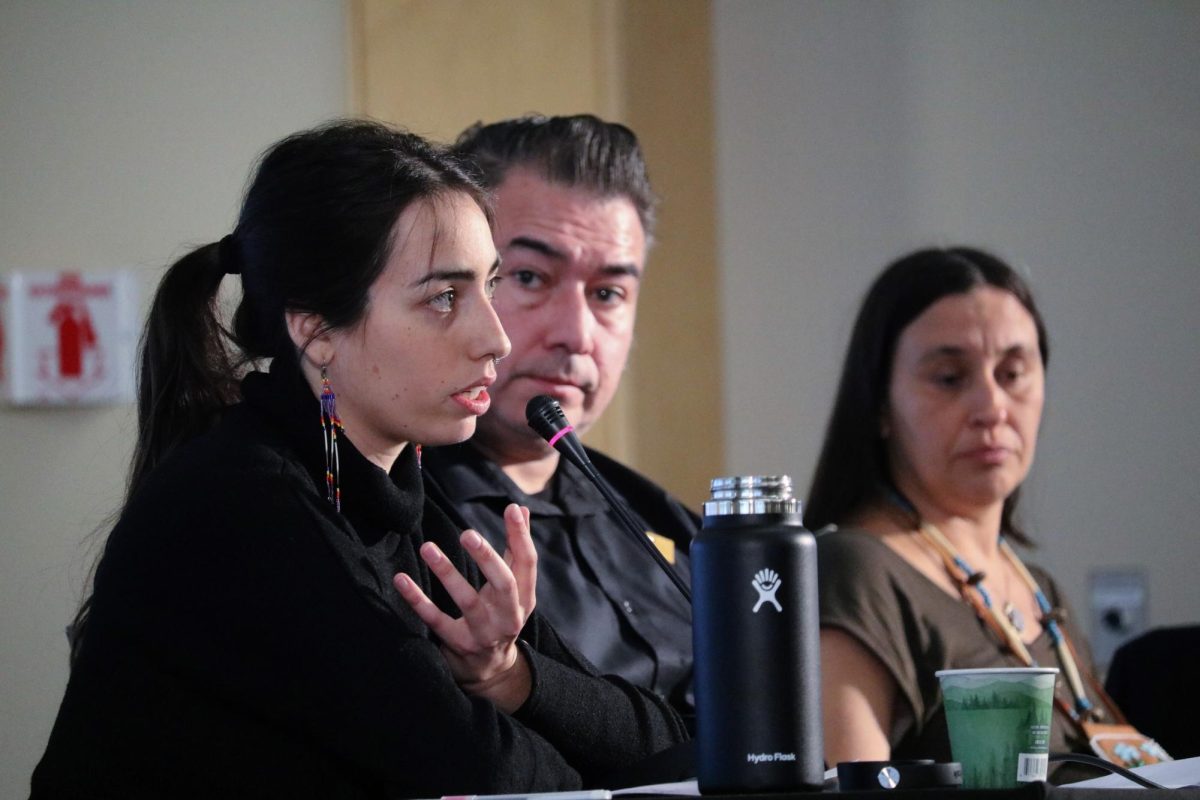In most parts of the country, maple syrup is something for topping pancakes, lumberjacks and Buddy the Elf. In Vermont, it’s much more than that. From maple ice cream and frosted donuts to maple festivals and over 50 sugar shacks — small houses where sap is boiled down to syrup — maple sugaring extends to an entire culture in Vermont. UVM is no exception, with a maple research center and students and professors involved in the industry. “I believe the maple industry has influenced Vermont greatly,” freshman Jenna Baird, whose family owns and operates Baird Farm Maple Syrup in Chittenden, said. “Sugar making has been a longtime tradition in Vermont and the state has become identified with it.” Vermont is the largest producer of maple syrup in the United States, according to the official website of the Vermont Maple Industry. UVM’s Proctor Maple Research Center does research relating to sugar maples and their sap and syrup. “We do a wide variety of research,” Director of the Proctor Center Timothy Perkins said. “Everything from tree health [and] forest ecology to more applied research with maple syrup production.” In addition to researching ways to improve maple sugaring, such as the improved spout that Perkins developed last year, the center travels around Vermont each January to share their findings with maple producers. “The conferences started about 20 years ago as county meetings and [have] collapsed down to three regional conferences,” Perkins said. “For us, our primary audience is really two major groups: the scientific community and the maple industry,” Perkins said. “The scientific community is less interested in the more applied research, so if we publish things in the scientific journals, chances are they’re never going to be read by maple producers.” The conferences provide the Proctor Maple Research Center — with a division of the college extension — an opportunity to inform maple producers around Vermont about new research. “Our extension component is to help the maple industry with questions and issues that they may have,” Perkins said. UVM’s involvement in the maple industry is not only on the research side of maple sugaring, UVM faculty and students also delve into the sticky side of sugaring. The Vermont maple sugaring season typically runs from early March into April, although in some ways it is a year-round operation. “The spring is when the sap flows, but the rest of the year you have to put up your wood, thin your sugarbush to keep your forest healthy, build your wood roads,” CDAE professor Daniel Baker, who makes his own maple syrup, said. “If you’re a sugar maker, you’re pretty much doing it all year round.” Baker has been producing his own maple syrup for over a decade. “I started out working for a guy in East Middlebury who sugared with draft horses,” Baker said. “I found that I really liked the whole process of making maple syrup.” Professor Baker is a self-professed victim of what is known as “maple fever.” “Maple fever is like, once you start sugaring, you just love it,” Baker said. “It’s my favoritething to do.” Baker’s enthusiasm for maple sugaring extends beyond making and selling his own maple syrup — he has also used his experience to develop technology to innovate the sugar-making process in Honduras. “I spent about two and a half years moderating the Vermont [maple syrup] evaporator to work in Honduras,” Baker said. “It’s a much more efficient evaporator.” Baker’s innovation has greatly reduced the fuel consumption involved with making sugar there. “We see fuel reductions well over 60 percent,” Baker said. “One thousand to 1,500 farmers are using it, probably closer to 1,500.” Additionally, Baker has turned his project into a learning opportunity for UVM students. “It’s related to the CDAE program,” Baker said. “I take a class down there [every year].” UVM’s involvement with the maple industry doesn’t stop at research, teaching and sugaring. In addition to the research being done at UVM, innovating maple technologies to improve the Vermont maple industry — as well as help developing nations — the University makes an effort to buy local maple products and endorses the industry from the other side. After the 2007 Farm to College forum, University Dining Services planned on securing bulk maple syrup from local Vermont suppliers, according to the University Dining Services website. Paying special attention in the last year to local foods, Brennan’s gets its maple syrup from Northeast Maple Products in Derby Line, Brennan’s manager Bijan Samimi said. “We use at least 10 gallons every day,” Samimi said. “It’s 100 percent all-natural, pure maple syrup from Vermont.” By using local maple syrup on campus, the University supports the maple industry that contributes to the culture of Vermont. “I like to know when I’m consuming food that I am supporting local Vermont farmers,” Baird said. “The money that is spent on local food keeps the money in the state, which I think is very important.”
Categories:
Keeping UVM sweet
February 8, 2010
0
More to Discover



